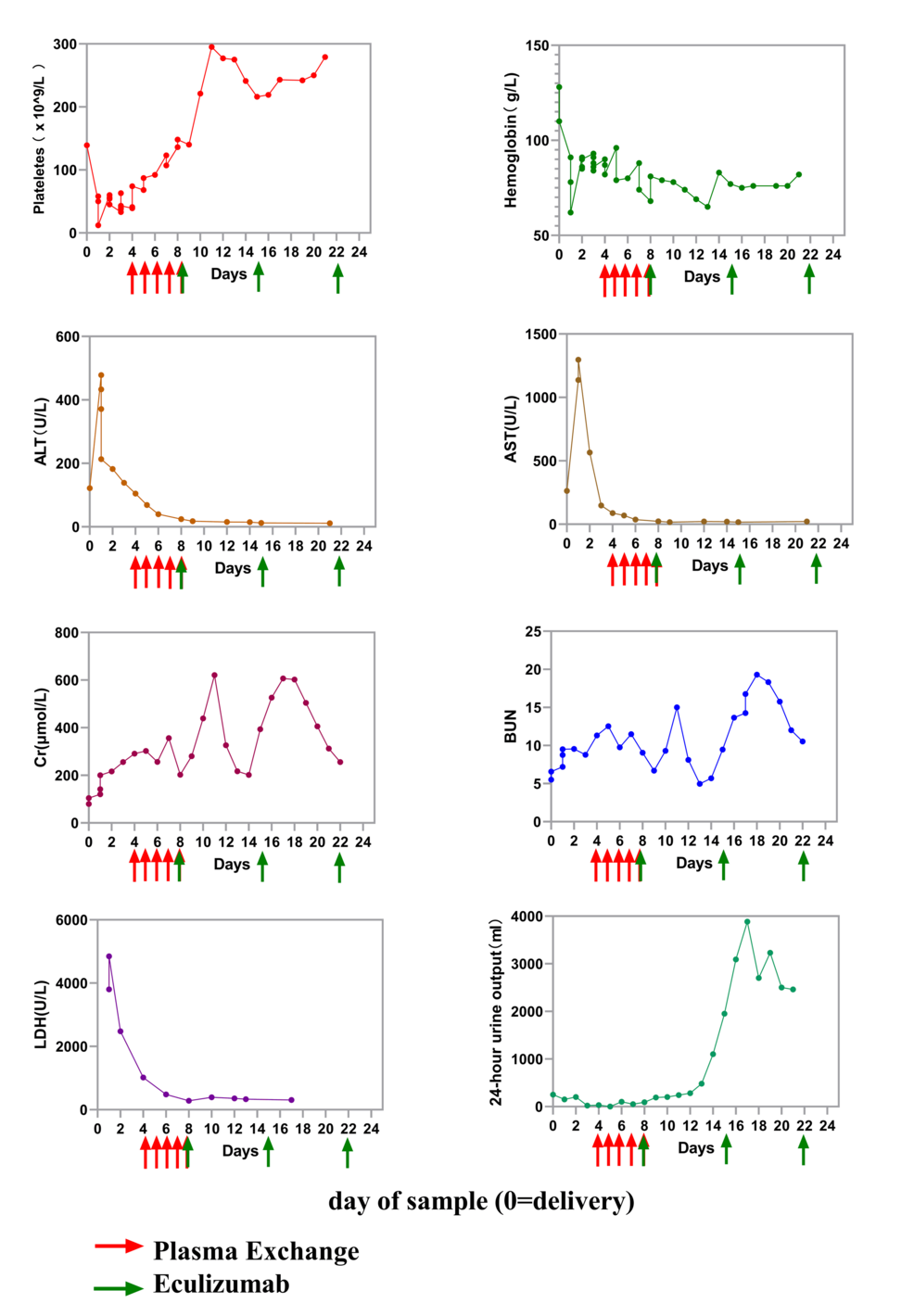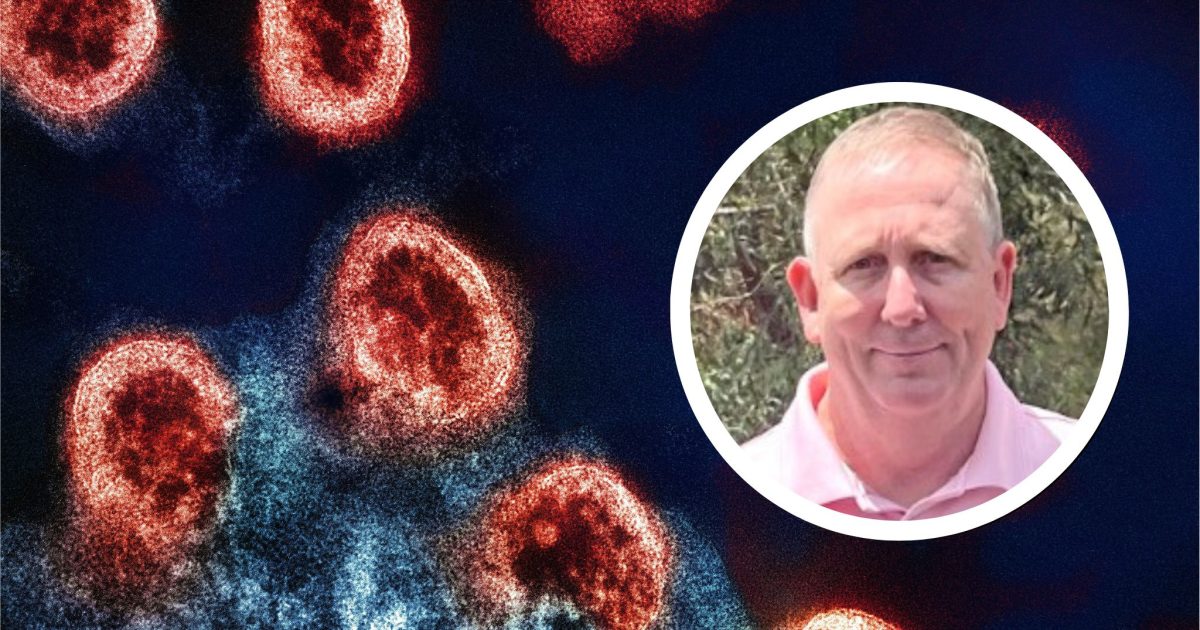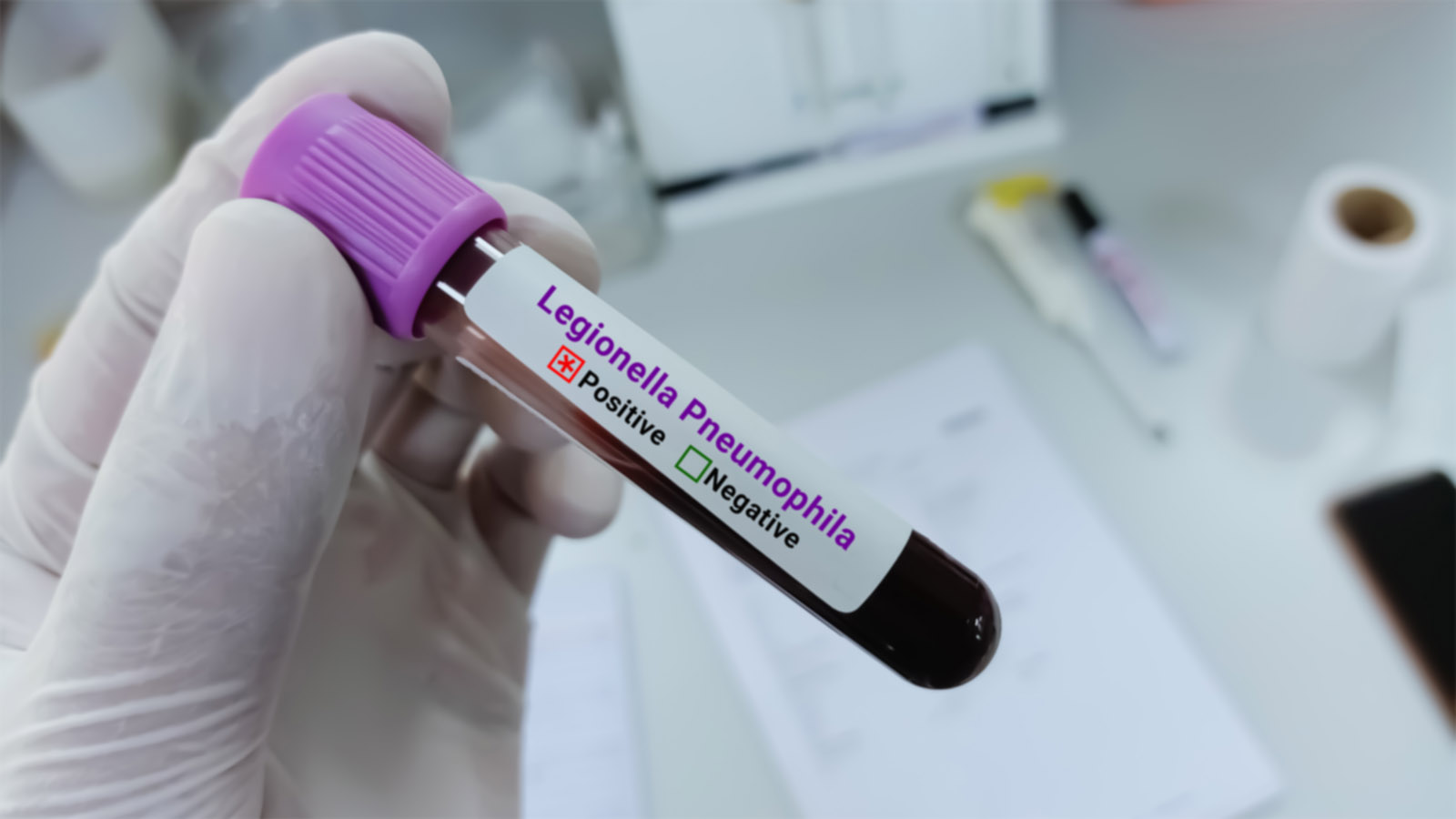Are Cannabis and Psychedelics the Key to Treating Eating Disorders? Shocking New Study Reveals All!

Imagine a world where traditional medications for eating disorders are sidelined while people turn to cannabis and psychedelics for relief. A groundbreaking study has just unveiled this controversial reality, suggesting that self-medicated substances might hold the key to alleviating the struggles faced by those with eating disorders.
This international survey, led by PhD student Sarah-Catherine Rodan from the University of Sydney's Lambert Initiative for Cannabinoid Therapeutics, gathered insights from over 7,600 participants across 83 countries. The findings, published in JAMA Network Open today, challenge conventional methods and open the door to alternative therapies.
The study found that respondents who self-medicated with cannabis and psychedelics, like 'magic mushrooms' or LSD, rated these substances positively in managing their eating disorder symptoms. In stark contrast, commonly used substances like alcohol, nicotine, and cocaine were found to worsen symptoms and overall mental health.
Rodan emphasized, "Our results provide important insights into the lived experiences of people with eating disorders and their drug use, highlighting promising avenues for future research into treatments." This calls for an urgent shift in focus—could the future of eating disorder treatment lie in these non-traditional substances?
Interestingly, the survey revealed that prescribed medications, such as antidepressants, were generally rated poorly for treating eating disorder symptoms but received positive feedback for improving general mental health. Yet, here’s the kicker: the participants reported high rates of cannabis and psychedelic use compared to the general population, particularly among those with restrictive eating disorders like anorexia and ARFID, as these substances seemed to enhance their food's rewarding value—a critical aspect of their struggles.
The survey also highlighted that many participants experienced co-morbid mental health issues, including depression and anxiety, further complicating their treatment journeys. With 94% of respondents identifying as female and most hailing from English-speaking countries, the data paints a picture of a demographic in dire need of effective intervention.
As part of ongoing research, the Lambert Initiative is preparing to launch a clinical trial focusing on the effects of psilocybin for treating anorexia nervosa, in collaboration with the Inside Out Institute at the University of Sydney. This initiative could pave the way for revolutionary treatment options in a field where current pharmacological solutions are limited and often ineffective.
Rodan hopes this study amplifies the voices of those living with eating disorders, showing that their experiences with self-medication might reveal untapped therapeutic potential. "We are extremely grateful to the many thousands of respondents who took the time to provide such detailed responses around their lived experiences. This should spur further research and open new treatment pathways for these challenging conditions," she stated.



























